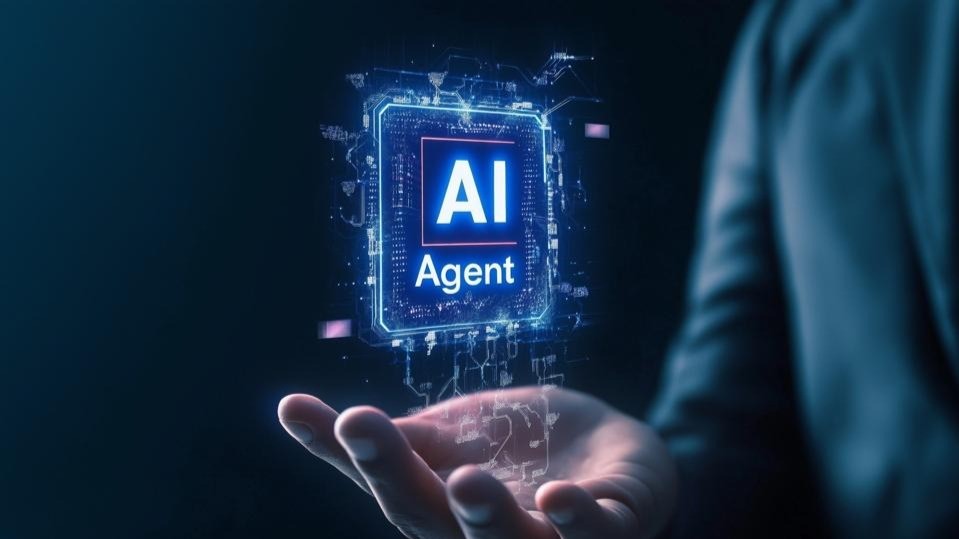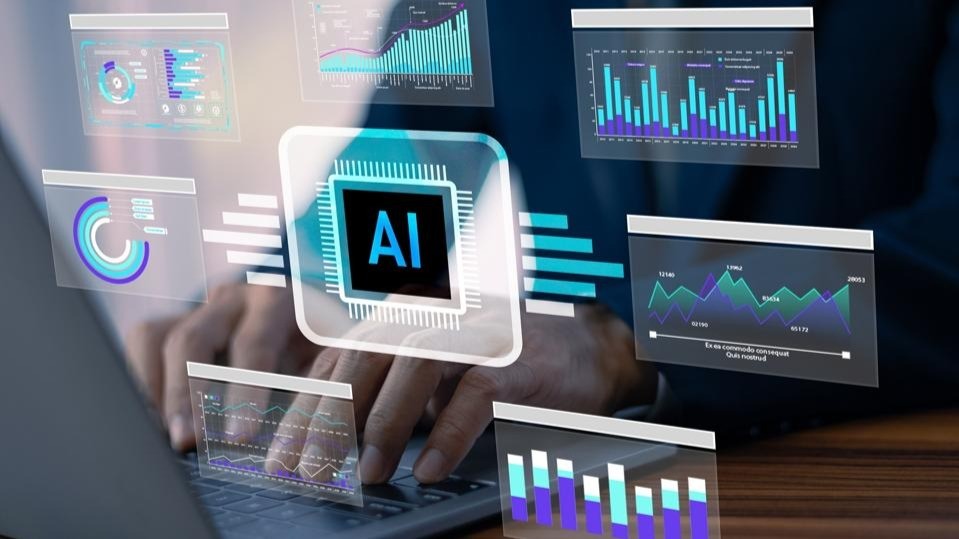5 Mistakes Most Businesses Will Make This Year With Sustainability
9 June 2025
Today, sustainability isn’t simply about saving the planet; it’s something we understand as a driver of long-term business success.
The drive to reduce our environmental and waste footprint is reshaping the products businesses sell and the processes used to create them. It also impacts the way businesses interact with customers, pick partners and suppliers, and engage with new business models, including circular and low-carbon economies.
But the transition to a cleaner, greener business isn’t always smooth, and in my work, I notice that a number of common mistakes frequently precede failure or even disaster. So, let’s run through five of the most common missteps and misjudgments that often lead to wasted time, resources or even reputational damage.

1. Failing To Make Sustainability A Core Element Of Strategy
This requires a change of mindset, from thinking of sustainability as a cost burden to understanding it as a driver of success. Rather than a box-ticking exercise, sustainability can unlock efficiencies, open up new markets and build organizational resilience. For example, by making a commitment to adopting circular principles and developing new processes for recycling the fibreboard used in its furniture, Ikea can reduce material costs across its operations and lower its carbon footprint. And Amazon’s push to electrify its fleet of delivery vehicles significantly reduces its large fuel bills. With large investors increasingly looking for ESG commitments from businesses they fund and skilled professionals keen to work for responsible companies, there are many reasons sustainability should be a strategic priority today.
2. Greenwashing
In 2025, greenwashing—the practice of claiming green credentials for kudos rather than making genuine change—is under intense scrutiny. An example is fossil fuel businesses that promote sustainability while continuing to extract non-renewable resources. However, as businesses have become aware of the increasing demand for green products and services, this activity has become common across industries. Consumers can often quickly see through empty claims and promises. Vehicle manufacturers were hit with huge fines and even bigger damage to their reputation for faking emissions tests while claiming to be lowering emissions. And Coca-Cola was similarly accused after being named the world’s worst plastics polluterwhile claiming to have improved the eco-friendliness of its products.
3. Overlooking Sustainability Along The Supply Chain
Businesses can spend millions on ensuring they have clean power, energy-efficient operations and flawless green credentials. But if their suppliers are polluting rivers, exploiting natural resources or contributing to deforestation, they have an ethical responsibility, too. In 2025, ensuring that sustainable practices are in place along your entire supply chain means ensuring you know how products are made, what materials are used, and what steps are taken by suppliers to minimize their own environmental footprint. Often overlooked, this is becoming increasingly regulated through legislationlike the EU Corporate Sustainability Due Diligence Directive. Businesses can no longer afford to turn a blind eye to the low standards or bad practices of their suppliers and partners without risking penalties, bad publicity and loss of consumer trust.
4. Failing To Effectively Use ESG Data
Many companies I encounter can be described as “data rich, insight poor.” Three decades into the internet age, many understand the importance of measuring, capturing and collecting digital data but lack the tools and expertise to know what it all means and, most pressingly, what they should do.
It’s a big problem when sustainability initiatives can’t be measured, benchmarked and verified. With a lack of reliable insights, it’s very hard for companies to set meaningful targets and understand their progress towards meeting them. Today, failing to understand data means missing opportunities to drive growth while also improving the world, and that’s a serious mistake.
5. Taking Your Eye Off The Ball
It’s unfortunate but not entirely surprising, but there are reports that ESG is sliding down the list of business priorities. During turbulent economic and political times, the focus tends to shift to economic issues such as reducing the impact of inflation or supply chain disruption.
This is almost certainly a mistake because the underlying issues driving the adoption of sustainable business—climate change, natural resource depletion, waste and pollution—aren’t going to vanish just because we decide there are higher priorities.
Failing to adopt sustainable practices today could lead to serious challenges in the future, especially as non-renewable resources grow scarcer and political, environmental, and demographic disruptions intensify, as many predict will happen.
Related Articles
AI Agents Are About To Reshape The Future Of Business
By now, “smart” versions exist of just about every home appliance, gadget and gizmos we can think of. However, manufacturers continue[...]
The Marketing Metrics That Will Matter Most In The Age Of AI Agents
By now, “smart” versions exist of just about every home appliance, gadget and gizmos we can think of. However, manufacturers continue[...]
Sign up to Stay in Touch!
Bernard Marr is a world-renowned futurist, influencer and thought leader in the fields of business and technology, with a passion for using technology for the good of humanity.
He is a best-selling author of over 20 books, writes a regular column for Forbes and advises and coaches many of the world’s best-known organisations.
He has a combined following of 4 million people across his social media channels and newsletters and was ranked by LinkedIn as one of the top 5 business influencers in the world.
Bernard’s latest book is ‘Generative AI in Practice’.






Social Media